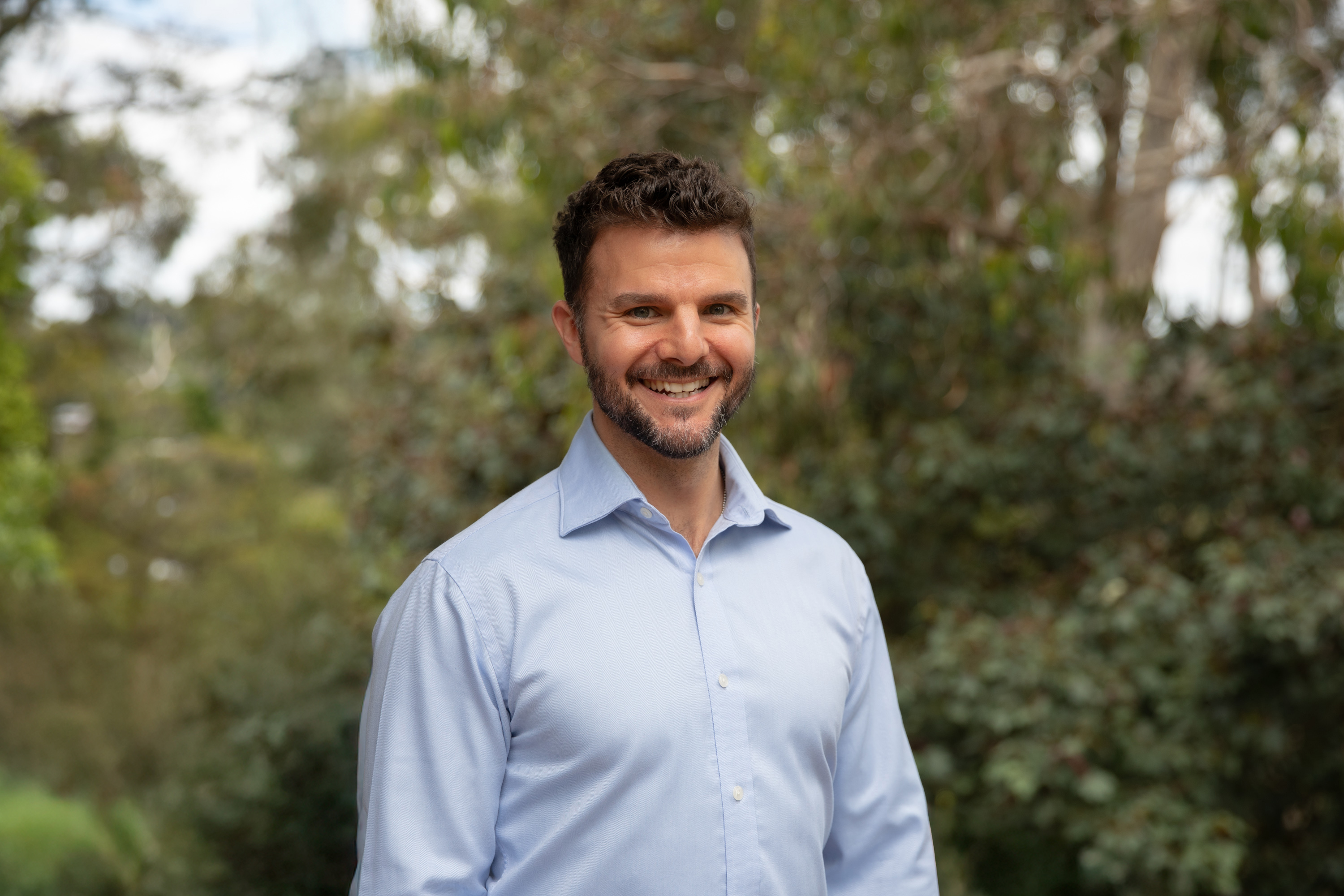This blog navigates…
- Myth #1: “Counselling is only for people with serious mental health issues.”
- Myth #2: “I should be able to handle my problems on my own.”
- Myth #3: “Therapy is just talking about feelings.”
- Myth #4: “Counselling takes years to work.”
- Myth #5: “A counsellor will just tell me what to do.”
- Myth #6: “Therapy is too expensive.”
“What are the common therapy myths?”
“I’ll be ok.”
“It is what it is.”
“I’ll work it out.”
How many times have you heard one of these? Maybe you’ve thought it yourself.
Counselling is one of the most powerful tools for personal growth, but misconceptions and stigma often stop people from seeking help. Many believe therapy is only for people in crisis, or that talking about problems won’t change anything.
Let’s break down some of the most common myths about counselling – and why they couldn’t be further from the truth.
Myth #1: “Counselling is only for people with serious mental health issues.”
Reality: Counselling isn’t just for crisis situations – it’s for anyone who wants to improve their well-being.
Many people seek therapy for stress, relationships, grief, self-doubt, anger management, or personal growth. Just like you don’t need to be sick to see a doctor for a check-up, you don’t need to be in crisis to benefit from counselling.
If you’ve ever felt overwhelmed, stuck, or uncertain about life, therapy can help you gain clarity, equip you with the right tools and build resilience.
Myth #2: “I should be able to handle my problems on my own.”
Reality: Struggling alone doesn’t make you stronger – it just makes things harder.
Many of us grow up believing that asking for help is a sign of weakness. But in reality, it takes courage to be vulnerable and reach out. Some of the most successful people out there are the best at asking for help.
Think about it this way: If your car broke down, you wouldn’t feel ashamed to call a mechanic. If you broke your leg, you wouldn’t just “tough it out.” Mental health is no different – seeking support is a sign of strength, not failure. It’s an indication that you are taking action towards a better outcome, action that “future-you” will be grateful for.
Myth #3: “Therapy is just talking about feelings.”
Reality: While emotions are part of the process, therapy is about finding solutions, building skills, and creating real change.
Counselling can help you:




It’s not just about talking – it’s about learning, growing, and most importantly, taking action.
Myth #4: “Counselling takes years to work.”
Reality: Therapy isn’t a lifelong commitment – many people see results in just a few sessions.
Some issues may require longer-term support, but many people gain clarity and relief in just a handful of sessions. Even a single conversation can give you a new perspective that helps you move forward.
Subsequently, as life inevitably deals you the next challenge, you’ll already have someone you know and trust to reach out to for support.
Therapy works at your pace. Whether you want short-term guidance or deeper self-exploration, it’s about finding what works for you.
Myth #5: “A counsellor will just tell me what to do.”
Reality: A good therapist believes you are the expert in your own story. They won’t give you advice – they’ll actively help you discover your own answers.
Counsellors don’t talk for a living, they listen. Counselling isn’t about someone else making decisions for you. Instead, a therapist helps you:



The goal isn’t to tell you what to do – it’s to empower you to make decisions that align with your values and build the future you want for yourself.
Myth #6: “Therapy is too expensive.”
Reality: Counselling is an investment in your well-being. There are a range of options to suit different budgets and a number of things to consider when it comes to value for money.
Many therapists offer:



If you’ve been putting off therapy because of cost, it’s worth exploring different options and reaching out to a few different therapists to see if they’re a good fit rather than assuming it’s out of reach – it’s worth the effort.
“The biggest obstacle to getting help is believing you don’t need it.”
Counselling isn’t about being broken or weak – it’s about learning, growing, and becoming the best version of yourself. If you’ve ever wondered whether therapy could help you, the answer is probably “yes.”
Read more about the benefits of counselling or book a free introductory consultation here and let’s start the conversation.

